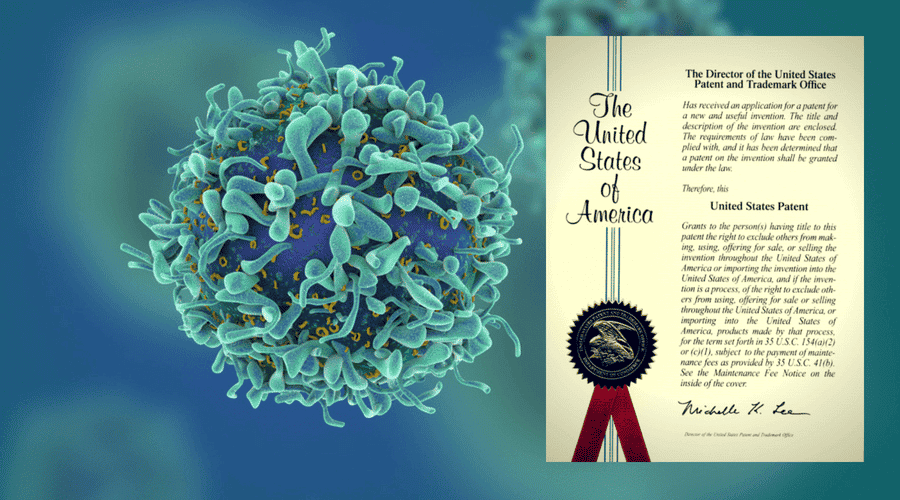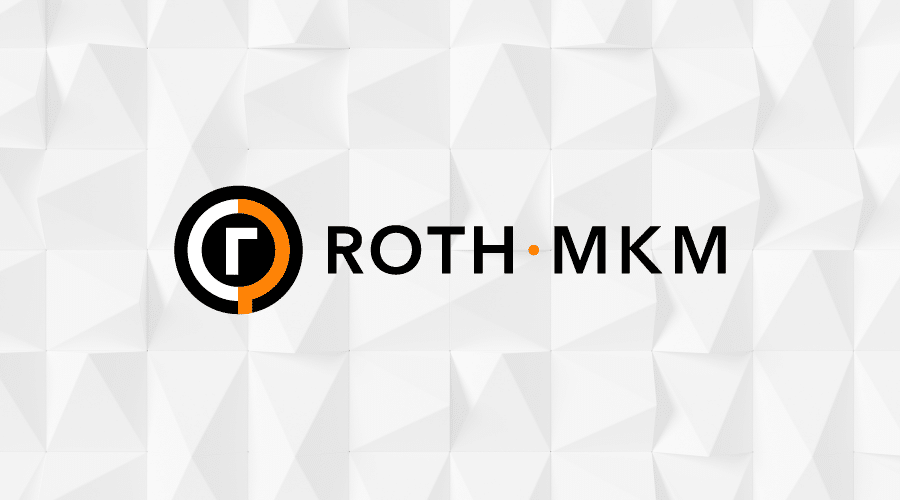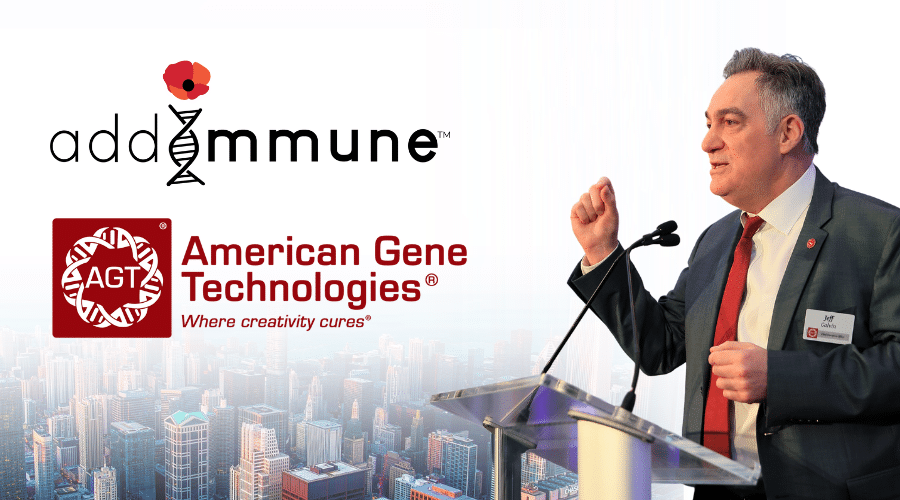American Gene Technologies Receives U.S. Patent on Novel Immuno-Oncology Methods of Treating Cancer through Activation of Gamma Delta T Cells

Patent encompasses AGT’s advanced gene and cell therapy strategy for oncology
ROCKVILLE, MD, December 12, 2017 — American Gene Technologies International Inc. (AGT), a leading gene and cell therapy company, today announced the issuance of U.S. Patent No: 9,834,790 dated December 5, 2017, covering methods of treating cancer with AGT’s proprietary viral vector technology. The patent recognizes AGT’s unique approach to program a patient’s own tumors against cancer, by activating specialized cells of the immune system known as gamma delta T cells.
“Our pioneering development is a new therapeutic approach to cancer that exploits the capacity of natural tumor immunity.”, commented C. David Pauza, Ph.D., AGT’s Chief Science Officer. “We believe this patent is an important step toward clinical studies of this new form of immunotherapy. Programming tumors to stimulate gamma delta T cells has great promise for treating a variety of cancers. Unlike CAR-T, which is a permanent genetic modification of the body’s T cells and highly specific for a single cancer, AGT’s technology focuses on programming tumors for activation of a patient’s natural gamma delta T cells to potently attack the cancer cells. When the tumor is gone, the genetic modification is also eliminated; the patient and the immune system remain in a natural state. Our immunotherapeutic, designated ImmunoTox™, is producing positive results in animal models and advancing toward human trials.”

Jeff Galvin, AGT’s CEO added, “Gamma delta T cells have been gaining attention in biotech and Pharma. Bluebird Bio and Takeda recently entered into transactions to examine opportunities surrounding these specialized T cells that, coincidentally, Dr. Pauza and AGT’s R&D team have been exploring for years. This patent will help propel AGT’s development of advanced therapeutics based on gamma delta T cells that are pivotal in the natural surveillance and elimination of early stage cancers including liver, pancreas, prostate, breast and others. Our data leads us to believe that AGT’s method for stimulation of this class of T cell provides hope to yield new, highly-effective tools for oncologists to continue to battle a wide variety of currently intractable cancers.”

CEO and Founder





